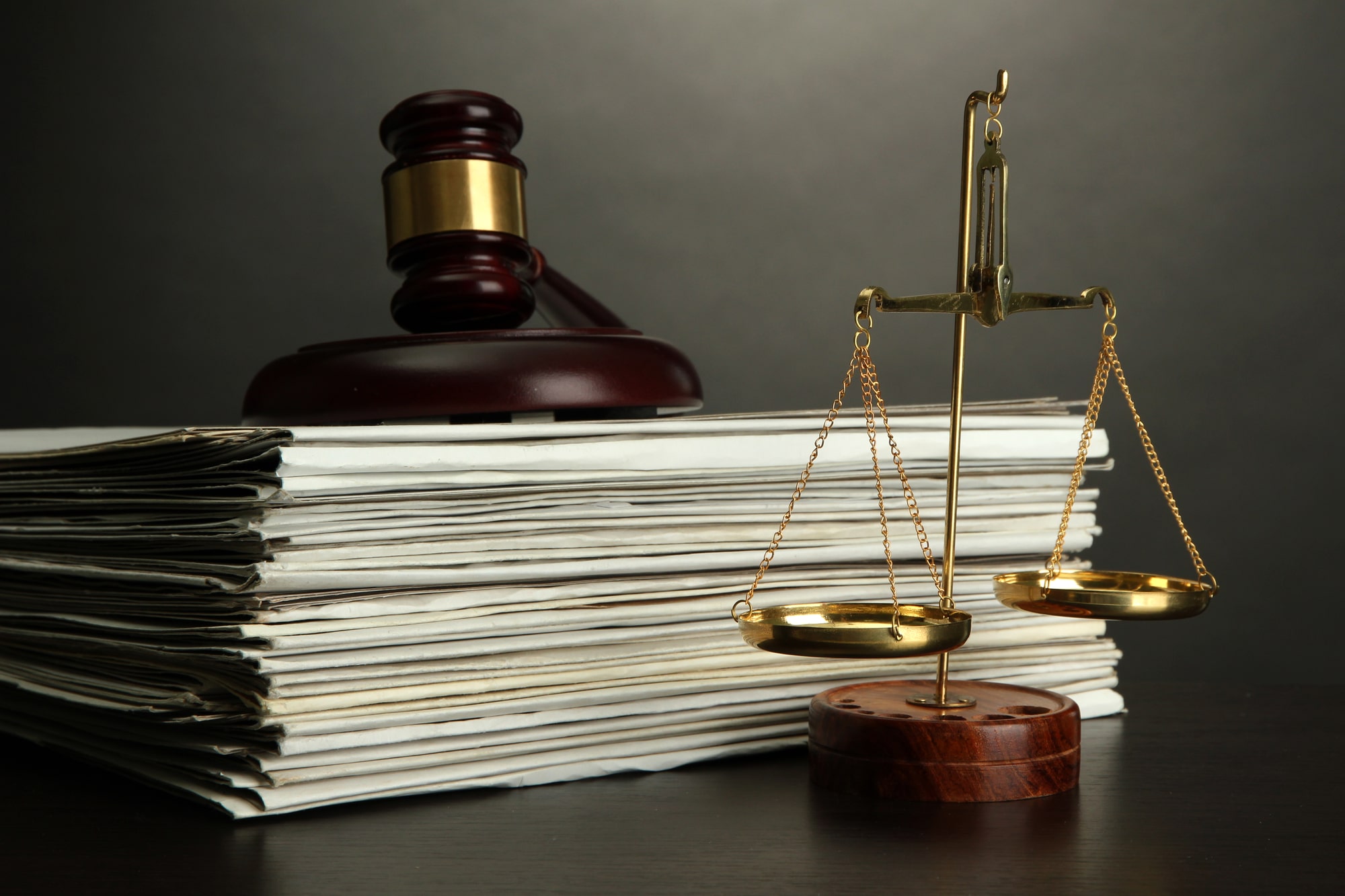Financial challenges can affect businesses of all sizes, from small startups to large corporations. When a business is facing insurmountable debts and needs a chance to restructure and recover, Chapter 11 bankruptcy becomes a crucial tool.
Chapter 11 bankruptcy is a legal process designed to facilitate the financial reorganization of businesses, allowing them to continue operations while repaying creditors under a court-approved plan. Unlike Chapter 7 bankruptcy, which typically involves the liquidation of assets to pay off debts, Chapter 11 focuses on restructuring and debt repayment over an extended period.
The Automatic Stay: Protection From Creditors
One of the immediate benefits of filing for Chapter 11 bankruptcy is the automatic stay. This legal provision halts all collection actions, lawsuits, foreclosures, and creditor harassment, providing the debtor with a much-needed breathing space to reorganize their finances. It allows the business to continue its operations without the constant threat of legal actions.
The Role Of The Debtor-in-Possession
In a Chapter 11 case, the debtor typically continues to operate its business as a “debtor-in-possession.” This means that the existing management retains control and continues to make day-to-day decisions. However, the court may appoint a trustee in cases of mismanagement or fraud.
Creating A Reorganization Plan
A pivotal aspect of Chapter 11 bankruptcy is the creation of a reorganization plan. This plan outlines how the business will repay its creditors, including the proposed timeline and payment structure. The plan must be approved by creditors and the court, and it should be fair and equitable, prioritizing secured creditors while treating unsecured creditors fairly.
Safeguarding Valuable Assets
Chapter 11 bankruptcy allows businesses to retain valuable assets, such as real estate, intellectual property, and equipment, as they restructure their debts. The debtor can negotiate with creditors to modify loan terms, reduce interest rates, or extend repayment periods, making it more feasible to maintain essential assets.
Maintaining Business Operations
Unlike Chapter 7 bankruptcy, which often leads to the closure of a business, Chapter 11 allows companies to continue their operations. This continuity is vital for preserving jobs, maintaining customer relationships, and maximizing the potential for future profitability.
Emerging From Chapter 11: A Fresh Start
Upon successfully implementing the reorganization plan and making required payments, the business can emerge from Chapter 11 bankruptcy. It does so with a significantly reduced debt load and a clear path toward financial stability. While the process can be complex and challenging, Chapter 11 provides a viable opportunity for businesses to regain their footing and thrive once again.
The Expertise Of Legal Counsel
Navigating the complexities of Chapter 11 bankruptcy requires legal expertise. Skilled bankruptcy attorneys can assist in crafting a reorganization plan that maximizes the chances of creditor approval and court confirmation. They also help ensure compliance with all legal requirements throughout the process.
Seek Professional Guidance For Chapter 11
Chapter 11 bankruptcy is a powerful tool that enables struggling businesses to reorganize their finances, repay creditors, and continue operations. If your business is facing financial challenges and you believe Chapter 11 bankruptcy may be the solution, it’s crucial to consult with an experienced Chapter 11 bankruptcy lawyer in Peoria, IL.
At Pioletti Pioletti & Nichols, our dedicated team of bankruptcy professionals has extensive experience in helping businesses navigate the Chapter 11 bankruptcy process. We understand the nuances of the law and can provide expert guidance to steer your business toward financial stability. Contact us today for a confidential consultation and let us assist you on the path to a successful Chapter 11 reorganization.
